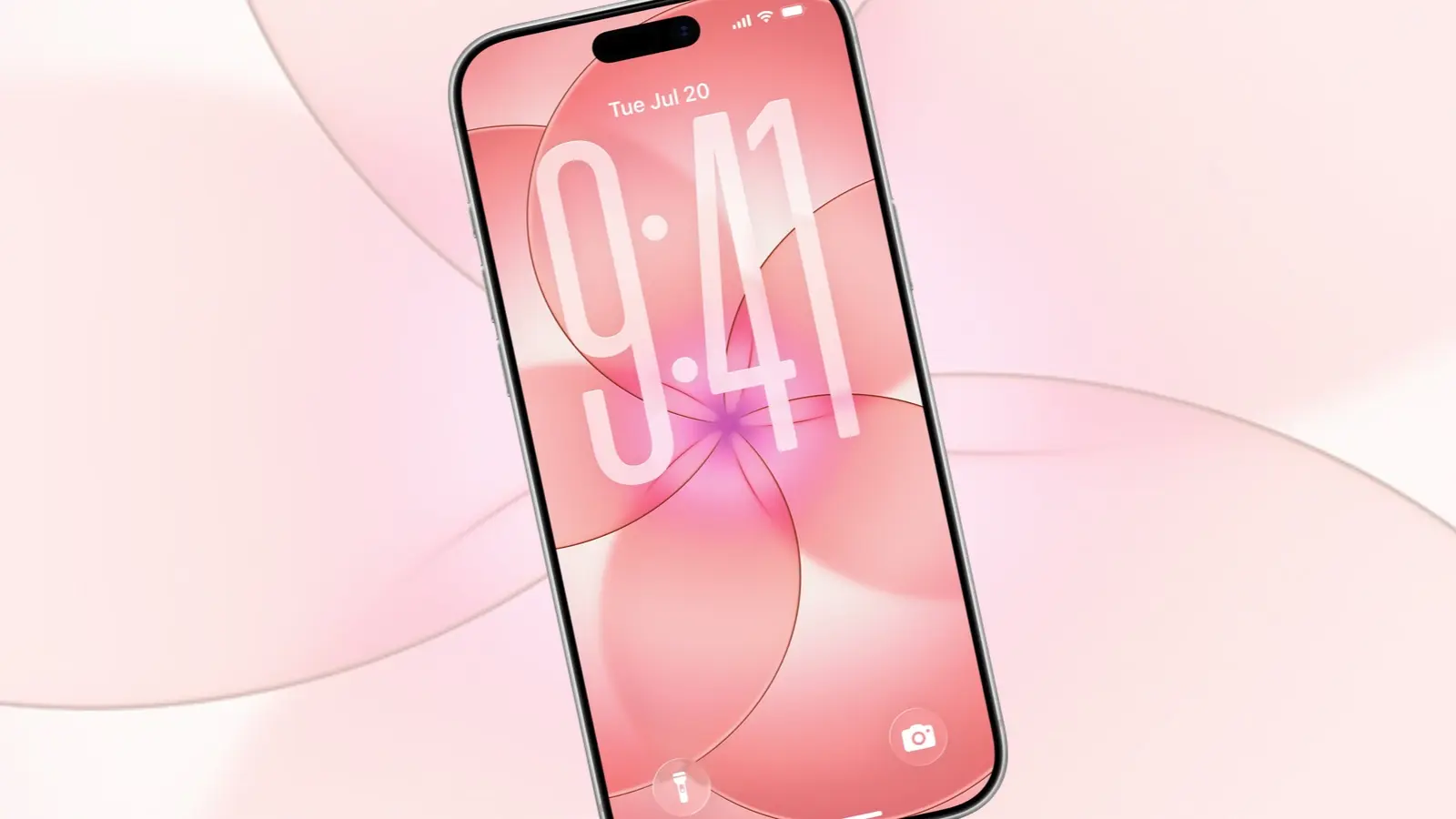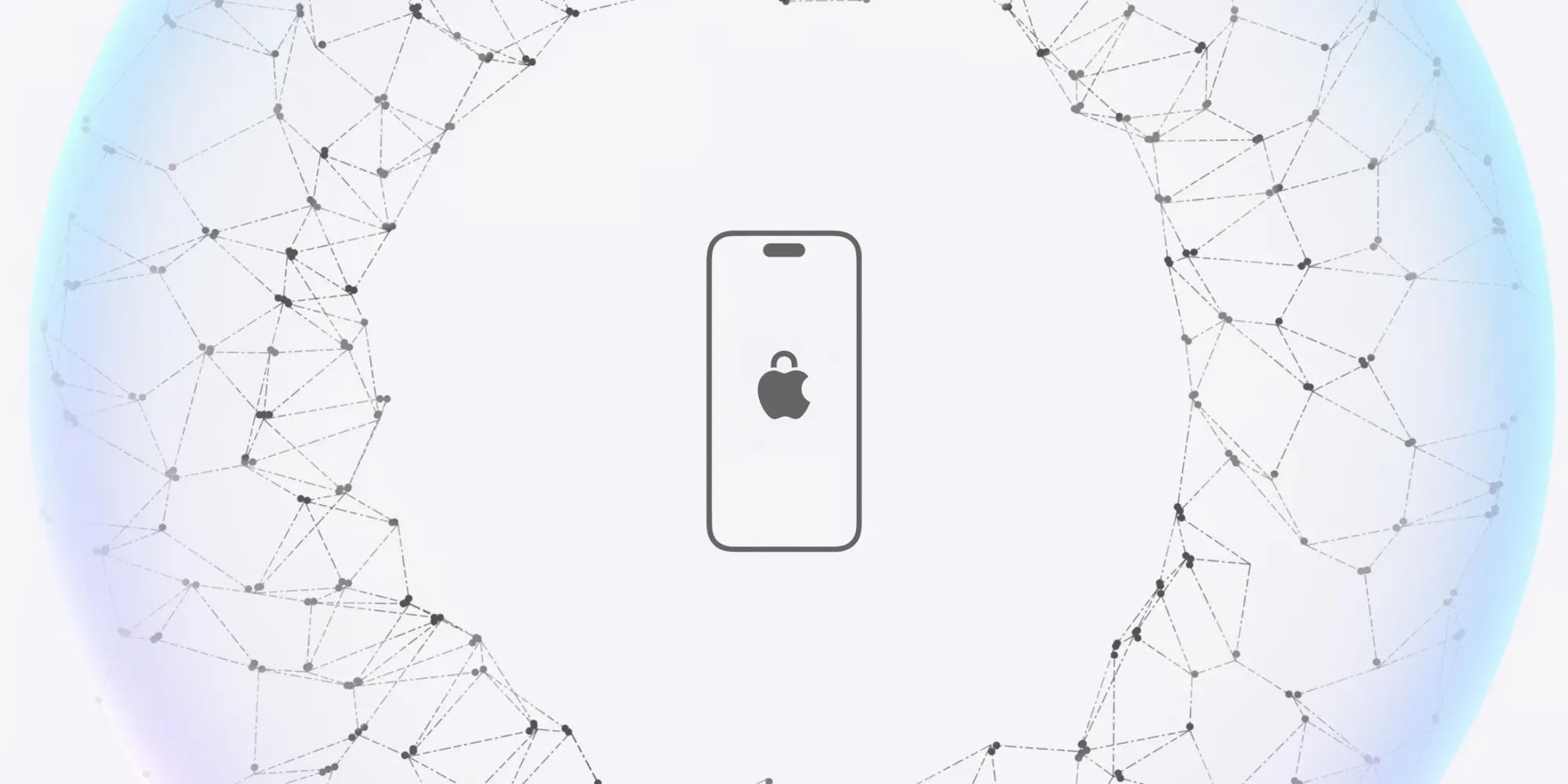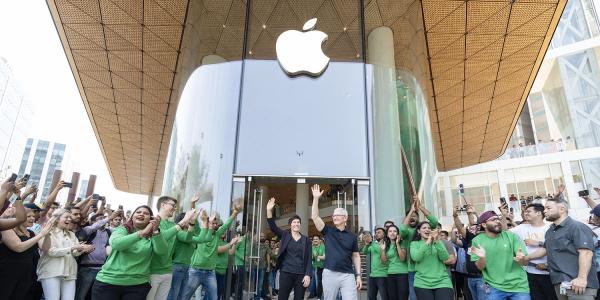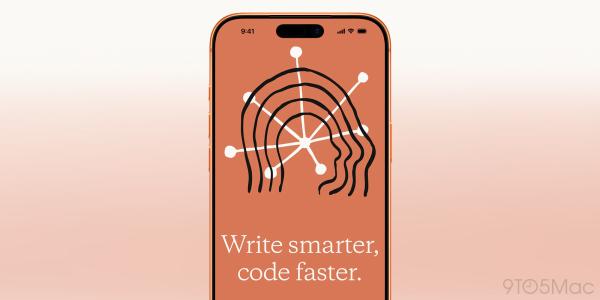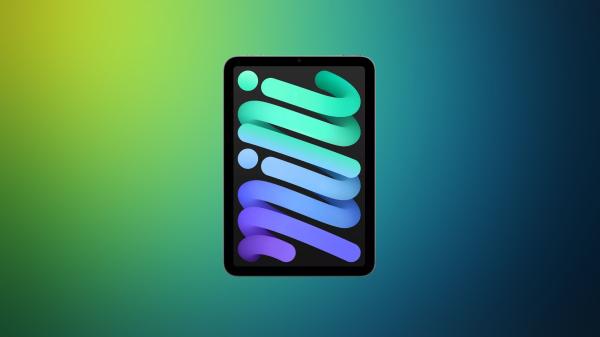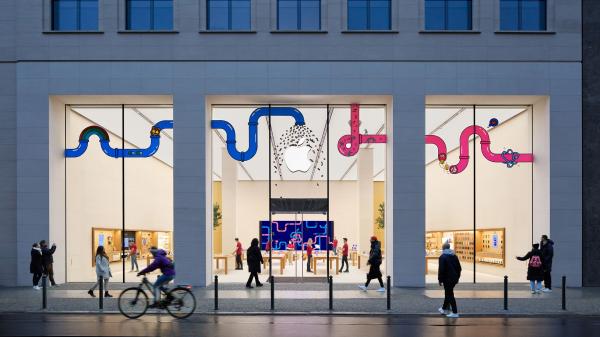Apple has once again found itself in the firing line of critics, this time due to applications being sold through its App Store. Anyone using an Apple Device, such as an iPhone, iPad, or Mac, needs to use the App Store to download iOS-compliant apps. But some users have sounded the alarm over apps that utilize pop-ups that make it hard for customers to quit the app, or that send them to unsolicited product or service pages.
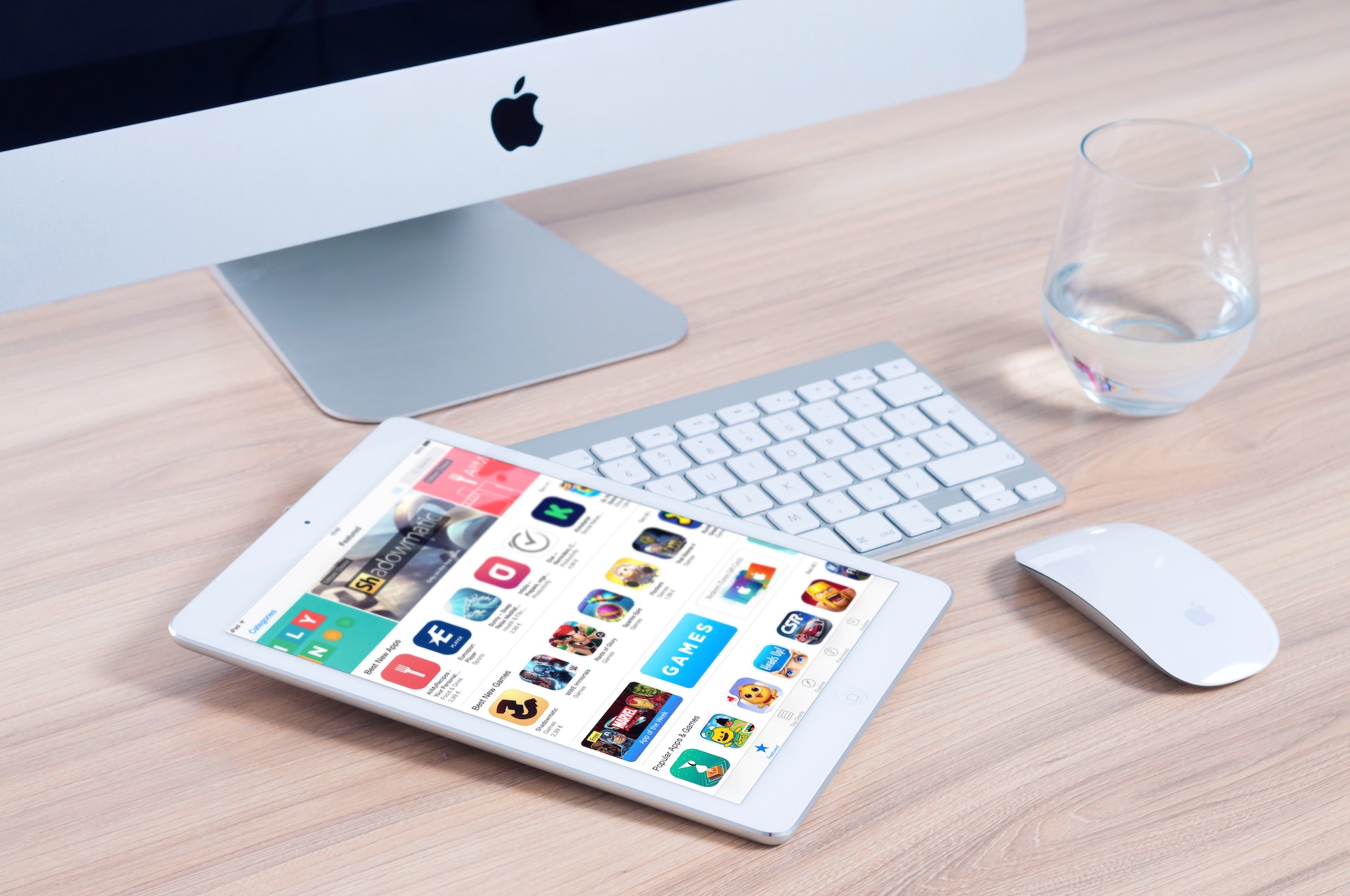
Apps in disguise
There are reports of apps that masquerade as having one purpose but that have a completely different use once downloaded. For example, the consumer could download what they think is an interior design app, but really it sends them to a forex trading platform instead.
There are reports of this happening with gambling as well. That's why it is always best to be 100% sure about which online casino you are using. Stick to reputable, well-known brand names and always visit their official site. This will ensure that you are getting what you expect and having the highest quality gambling experience possible.
A developer called Kosta Eleftheriou, known for hunting dodgy apps, discovered an app called My Metronome, which they claim is out to scam consumers. Upon opening, the app locks up and makes it impossible to exit via the keyboard or other buttons. The only way to bypass the app, other than force quit, is by signing up to pay a $9.99 monthly subscription.
The Verge reported Eleftheriou said 'this developer has experimented with various techniques over the years of preventing people from closing the paywall', adding that the Apple Store is home to similar apps.
Shortly after the news of My Metronome broke on Twitter, the app disappeared from the App Store. However, users were quick to point out that it had been there for years and therefore likely caused a lot of damage.
Not just apps
But the situation is not just limited to applications. In recent months, Apple has come under fire from the EU for allegedly uncompetitive practices. As an example, its practice of sideloading has been criticised, with EU regulators threatening to disallow it completely. This would see Apple forced to allow apps not from the App Store to be downloaded onto Apple devices.
Currently, all apps downloaded to Apple devices have to go through the App Store. The EU says this is uncompetitive, while Apple says it allows them to vet every app on the platform. Some of the reports above, however, could call this promise into question.
Dutch regulators have also criticised Apple for its fees against developers who have to pay between 15 and 30% when developing their apps for the App Store. Google denied any wrongdoing and said they would appeal the decision of the Dutch competition authority.
The moral of the story is to always check the app you download. You can do this by checking reviews or conducting a simple search online. The other alternative is to visit the company's site directly and download it via the App Store from there.


